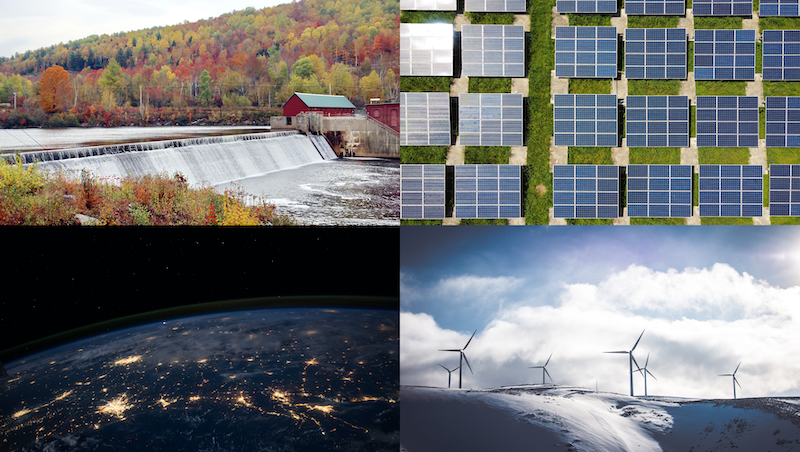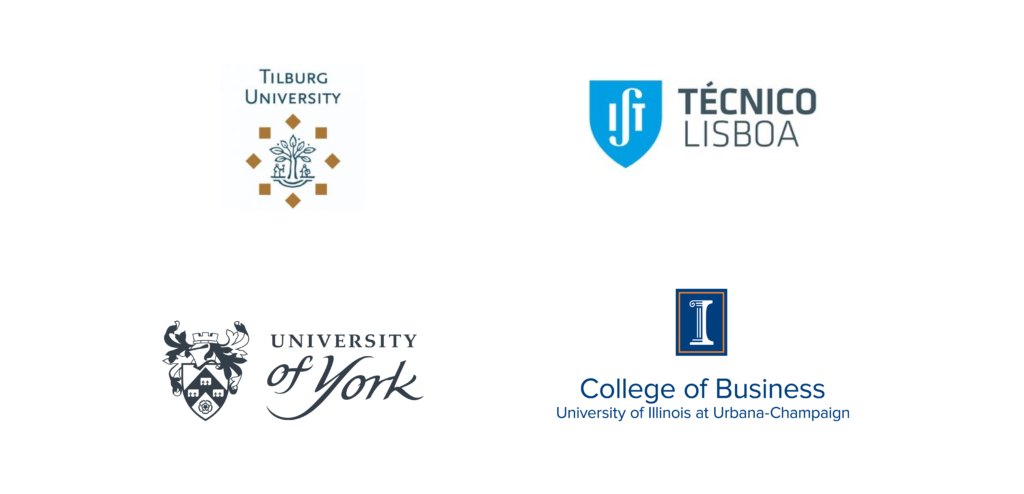To reduce greenhouse gas emissions and limit climate change, it is inevitable that the share of renewable energy production must increase. Countries all over the world have introduced support schemes in order to accelerate investment in renewable energy. Many of these support schemes have been retracted or revised unexpectedly over the last years, affecting firms and investors negatively. It is, therefore, interesting to study how the investment strategy of a firm in renewable energy projects is affected by subsidy availability and withdrawal. Another challenge for practice is the question of how regulators can design sustainable and effective policies.

Roel Nagy‘s PhD project focuses on how a policy maker can create policies that guide investors to contribute positively towards the energy transition. The project aims to give insights into how policy and related risk influence investment decisions in the future energy system. Taking a real options approach, we analyze how investors design and time their investments characterized by irreversibility and high uncertainty. The real options approach allows us to account for the dynamic nature of the problems studied from both an industry and governmental perspective. Part of the novelty of our approach is incorporating a method of statistical inference called Bayesian learning into a standard real options framework. Therewith the decision maker can adjust its investment strategy for information becoming available over time.
Together with our project partner Peter Kort from Tilburg University, we recently published the article “Green capacity investment under subsidy withdrawal risk” in Energy Economics. The article studies how uncertainty in the lifetime of a subsidy affects investment in renewables. The study shows that subsidies for investment costs incentives firms to invest sooner. However, it also discussed how an investment in renewables increases under subsidy on the investment cost depends on the structure of the market.

This PhD project is part of the ‘Investment under uncertainty in the future energy system: The role of expectations and learning’ (InvestExL) project funded as a knowledge-building project for the industry by the Research Council of Norway (RCN) and Hydro Energy AS, a Norwegian aluminum company that is also active in renewable energy. InvestExL addresses how investors should design and time their investments in the future (Norwegian) energy system in view of ongoing learning about risks regarding important framework components that define the future profitability of investment projects.

The project is a collaboration between the industry as well as several international research partners. The project contributes to strengthening networks between national (NTNU) and international (Tilburg University, University of Lisbon, University of York and University of Illinois at Urbana-Champaign) research groups representing knowledge within economics, finance, operations research and applied mathematics.

This PhD project contributes to green value creation by better understanding and dealing with the financial and policy risks involved in green investment. Currently, many power companies in Norway consider policy uncertainty as the biggest risk they face in the long term and as less quantifiable than the market or technical risks. The frequent and unexpected changes in policy increase the uncertainty faced by investors. This PhD project aims to understand these risks and provide insight on how investors should deal with these risks.